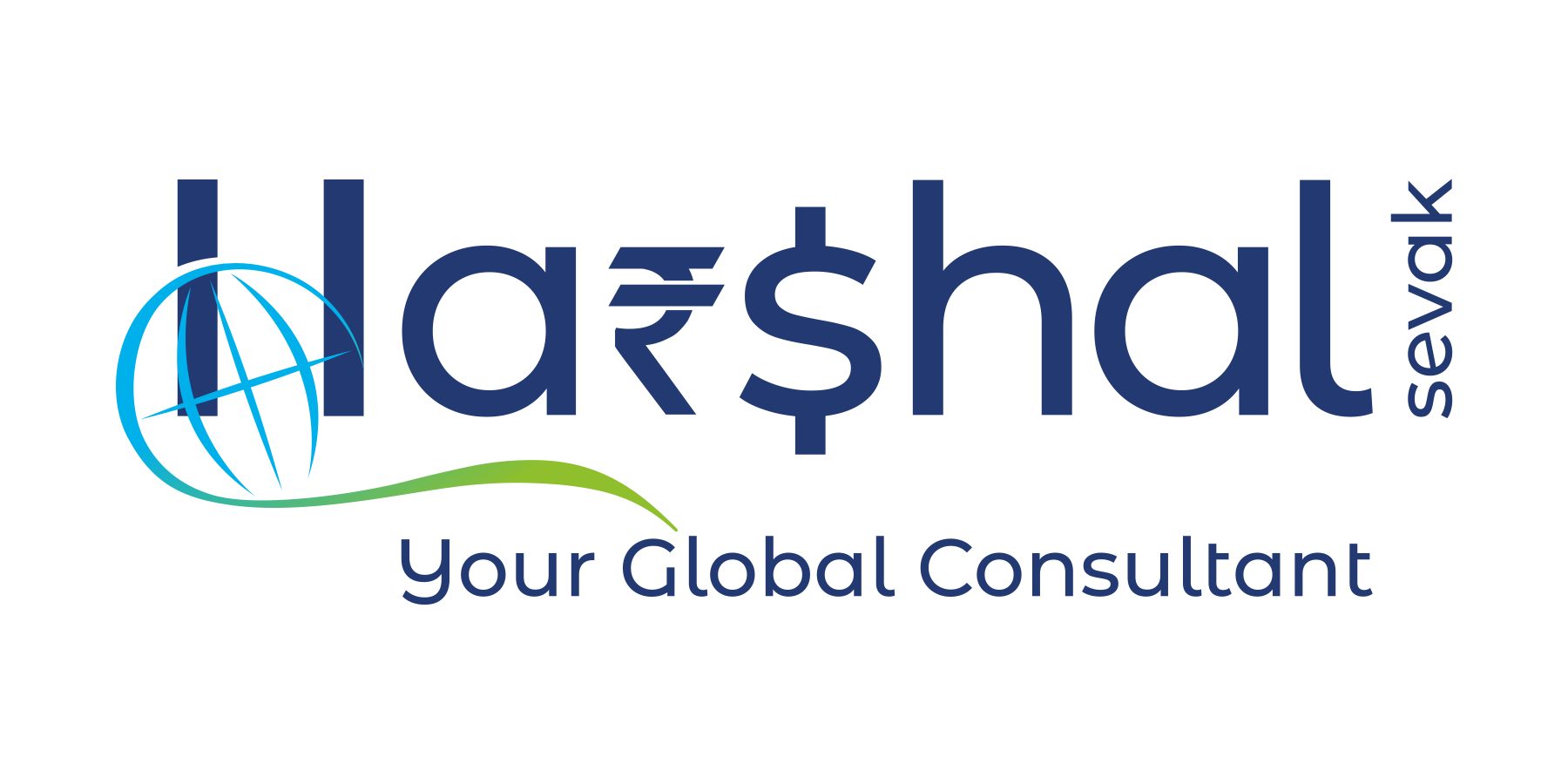Under the Liberalised Remittance Scheme, all resident individuals, including minors, are allowed to freely remit up to USD 2,50,000 per financial year (April – March) for any permissible current or capital account transaction or a combination of both.
FEMA
All remittances are subject to payment of taxes as applicable in India – Authorized Dealers are to convince themselves on this aspect.
Direct investment outside India means investments, either under the Automatic Route or the Approval Route, by way of contribution to the capital or subscription to the Memorandum of a foreign entity or by way of purchase of existing shares of a foreign entity either by market purchase or private placement or through stock exchange, signifying a long-term interest in the foreign entity (JV or WOS).
There are two entry routes available for FDI as per Statute:
(i) Automatic Route
(ii) Approval Route
Investment in Pakistan is allowed under the approval route. Investments in Nepal can be only in Indian Rupees. Investments in Bhutan are allowed in Indian Rupees and in freely convertible currencies.
A resident individual can send remittances under the Liberalised Remittance Scheme (LRS) for purchasing immovable property outside India. In case members of a family pool their remittances to purchase a property, then the said property should be in the name of all the members who make the remittances.
As per section 2(ze) of FEMA transfer means, sale, purchase, exchange, mortgage, pledge, gift, loan or any other form of transfer of right, title, possession or lien.
A person resident outside India, not being a Non-Resident Indian or an Overseas Citizen of India, who is a spouse of a Non-Resident Indian or an Overseas Citizen of India may acquire one immovable property (other than agricultural land/ farm house/ plantation property), jointly with his/ her NRI/ OCI spouse subject to the conditions laid down in regulation 6 of FEMA 21(R).
Yes, it is mandatory for the resident individual to provide his/her Permanent Account Number (PAN) for all transactions under LRS made through Authorized Persons.
No, there are no restrictions towards remittances for current account transactions to Mauritius and Pakistan.Remittances directly or indirectly to countries identified by the Financial Action Task Force (FATF) as “non- cooperative countries and territories”, from time to time; and remittances directly or indirectly to those individuals and entities identified as posing significant risk of committing acts of terrorism as advised separately by the Reserve Bank to the banks are not permissible.
Fully diluted basis means the total number of shares that would be outstanding if all possible sources of conversion are exercised.
Once an FDI always an FDI.
No, foreign currency loans given domestically by AD Category I banks out of the proceeds of FCNR (B) deposits do not come under the ECB framework.
As LLPs are not eligible to receive FDI, they cannot raise ECBs.
Indian banks cannot subscribe to RDBs issued overseas in primary market but can be arrangers/ underwriters/ market makers/ traders subject to compliance with prudential norms.
Yes, apart from ECB raised for refinancing where the proposed ECB amount may not be taken into account to avoid double counting.
Any person who contravenes any provision of the FEMA, 1999 [except section 3(a)] or contravenes any rule, regulation, notification, direction or order issued in exercise of the powers under this Act or contravenes any condition subject to which an authorization is issued by the Reserve Bank, can apply for compounding to the Reserve Bank. Applications seeking compounding of contraventions under section 3(a) of FEMA, 1999 may be submitted to the Directorate of Enforcement.
No. all requisite approvals should be obtained and compliances should be completed before seeking compounding of contravention. Compounding can be done only after rectifying the records by way of obtaining post-facto approvals or unwinding the transactions in cases where such transactions are not permissible under FEMA, 1999. Copies of approvals and other compliances should be enclosed along with the application.
To widen the access of foreign exchange facilities to residents and tourists while ensuring efficient customer service through competition.
Only applicants from Bangladesh, Sri Lanka, Afghanistan, Iran, China, Hong, Kong, Macau and Pakistan shall have to register with the State Police authorities. Copy of approval letter for persons from these countries shall be marked by the AD Category I bank to the Ministry of Home Affairs, Internal Security Division – I, Government of India, New Delhi for necessary action and record. All other countries are exempted from registering with the State Police authorities.
Yes provided the bank account is re-designated as a BO account.
Yes, any underlying transaction by a domestic Indian party, which requires A2 reporting for remittance overseas will require the same in case of a domestic remittance for credit to an SNRR Account.
Only between SNRR A/Cs of same non-resident person for the purpose for undertaking different categories of transactions such as trade, ECB, Trade credits, etc. Such transfers will not form part of FETERS reporting.
If the company’s accounts are not audited before the due date of submission, i.e. July 15, then the FLA Return should be submitted based on unaudited (provisional) account. Once the accounts gets audited and there are revisions from the provisional information submitted by the company, they are supposed to submit the revised FLA return based on audited accounts by end – September.
Shares issued by reporting company to non-resident on Non-Repatriable basis should not be considered as foreign investment; therefore, companies which have issued the shares to non-resident only on Non-Repatriable basis, is not required to submit the FLA Return.
An NRO (current/ savings) account can be opened by a foreign national of non-Indian origin visiting India, with funds remitted from outside India through banking channel or by sale of foreign exchange brought by him to India. The balance in the NRO account may be paid to the account holder at the time of his departure from India provided the account has been maintained for a period not exceeding six months and the account has not been credited with any local funds, other than interest accrued thereon.
Persons resident in Nepal and Bhutan can open Indian rupee accounts with an authorized dealer in India.
A Foreign Currency Account is an account held or maintained in currency other than the currency of India or Nepal or Bhutan.

